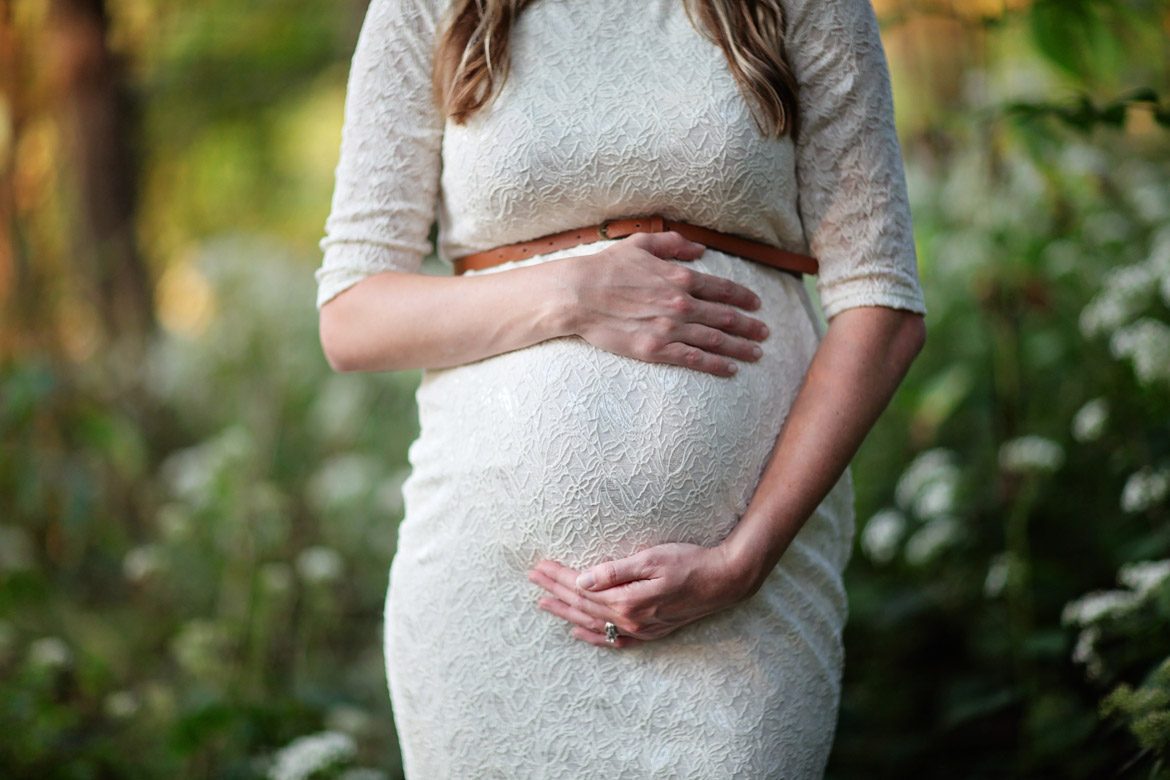By Hannah Schenker
It’s no surprise to any of us that exercise during pregnancy is important – for the health of the mama and the baby too. From helping you sleep, to reducing the risk of anxiety and depression; from improving heart health to reducing the back pain; exercise is something all pregnant mamas should be doing. But a new study has shown that it may also help reduce the length of your labour. So get moving, mamas!
The new research was conducted by a team at the Technical University of Madrid, led by Professor Ruben Barakat, and was published in the European Journal of Obstetrics and Gynecology. The study involved 508 healthy women between 9-11 weeks pregnant, randomly assigning them into two groups: 253 were put in a control group, and the remaining 255 were put in the exercise group.
Those expectant mamas in the exercise group followed a program that involved moderate aerobic exercise, three times a week, throughout their pregnancies.
All of the women’s births were then analysed, with things like the duration of each stage of labour, how the baby was delivered, the mother’s weight gain, whether an epidural was used and the weight of the baby.
They found that the women in the exercise group indeed did have shorter labour. Specifically, their births were around 50 minutes shorter on average, saying that a supervised exercise program like this “decreased the duration of the first phase of labour as well as total time of the first two phases together, leading to a decrease in total labour time”, as reported in The Independent.
These mamas were also less likely to require an epidural, and less likely to have babies with neonate macrosomia (a baby significantly larger than average).
This isn’t the first research to look into the benefits of exercise during pregnancy. An observational study published in the journal Acta Obstetricia et Gynecologica Scandinavica in 2009, found that first time mums with good aerobic fitness also had shorter labours.
In 2012, a study published in The Journal of Maternal-Fetal & Neonatal Medicine found that exercise during pregnancy can cut down on rates of c-section and instrumental delivery.
In 2016, researchers published a study in The American Journal of Obstetrics and Gynecology (AJOG) that found that moderate-intensity exercise while pregnant can prevent gestational hypertension and reduce the risk of a large baby. According to Professor Barakat, “these results confirm the huge potential of physical exercise as an exceptional preventive element of anomalies and diseases that can establish the health of future populations in the case of pregnancy processes.”
See next page for more, including how much exercise you should aim for…











